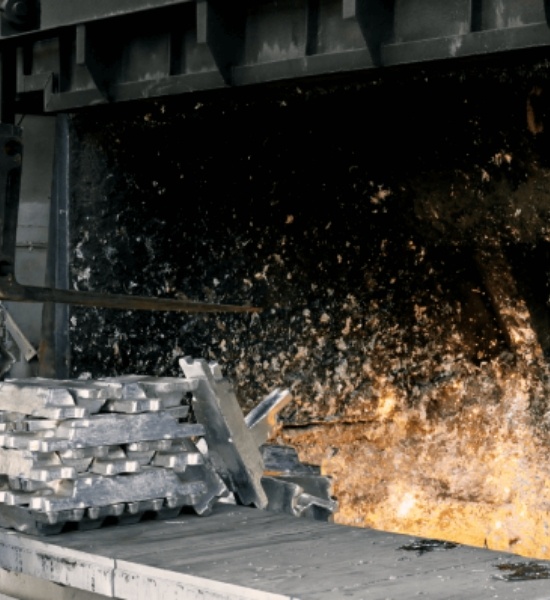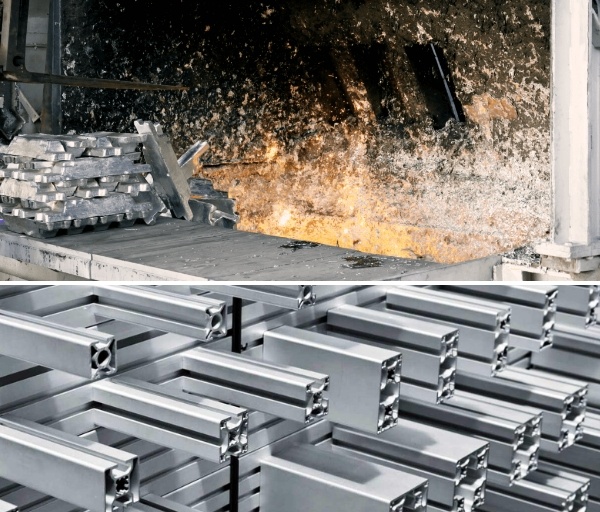

Lightweight Champion or Heavyweight Contender: Aluminum vs. Steel, which is better?
Comparing aluminum and steel depends on the specific application and requirements, but here are ten reasons why aluminum is often considered advantageous over steel in certain contexts:
Lightweight: Aluminum is significantly lighter than steel, with a density about one-third that of steel. This property is especially beneficial in transportation industries, where reducing weight leads to improved fuel efficiency and lower emissions.
Corrosion Resistance: Aluminum forms a protective oxide layer when exposed to the atmosphere, providing natural corrosion resistance. In contrast, steel typically requires additional coatings or treatments to prevent rusting.
Recycling: Aluminum is 100% recyclable, and the recycling process requires much less energy compared to the production of primary aluminum. Recycled aluminum also retains its properties, making it a sustainable choice.
Electrical Conductivity: Aluminum has better electrical conductivity than steel, making it an excellent choice for electrical transmission lines and conductors.
Thermal Conductivity: Aluminum has higher thermal conductivity than steel, making it suitable for applications where heat dissipation is crucial, such as in heat sinks for electronics.
Formability: Aluminum is more malleable and easier to form into complex shapes compared to steel, making it suitable for intricate designs in various industries, including aerospace and automotive.
Non-magnetic: Aluminum is non-magnetic, whereas some steel alloys can be magnetic. This property is advantageous in applications where magnetic interference is undesirable.
Aesthetics: Aluminum’s appearance can be more appealing in certain applications due to its natural luster and reflective properties.
Corrosion Compatibility: When two dissimilar metals come into contact, galvanic corrosion can occur. Aluminum, being more anodic than steel, is better suited to avoid galvanic corrosion in certain environments.
Sound and Vibration Damping: Aluminum can absorb and dampen vibrations better than steel, making it useful in applications that require noise reduction and vibration isolation.
It’s important to note that steel also has its strengths and benefits, and the choice between aluminum and steel depends on factors such as the specific application, load-bearing requirements, cost considerations, and the desired properties for the end product.
